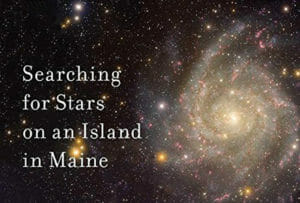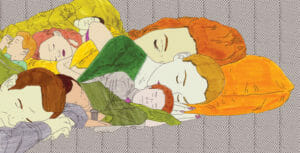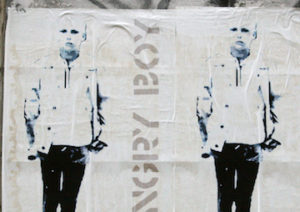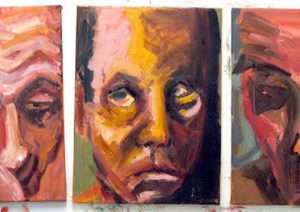Nobel Prize Winners Discovered Brain’s ‘You Are Here’ Cells
Three neuroscientists have won the 2014 Nobel Prize in Physiology or Medicine for their discovery of the brain's internal GPS system -- knowledge of which has eluded experts for centuries.
Three neuroscientists have won the 2014 Nobel Prize in Physiology or Medicine for their discovery of the brain’s internal GPS system, The Guardian reports Monday.
The prize is shared by 75-year-old U.S. citizen John O’Keefe and Norwegian University neuroscientists and married couple May-Britt and Edvard Moser. Their work, which together spans decades, revealed the existence of nerve cells that construct a map of the space around a person and track the person’s progress as they move around. The question of how humans do this has stumped scientists and philosophers for hundreds of years.
May-Britt Moser described the secret to the couple’s success. “We love to understand and we do that by talking to each other, talking to other people, and trying to address the questions we are interested in in the best way we can,” The Guardian quoted her as saying. “To be able to discuss this, when you get an idea on the spot instead of planning a meeting in one or two or three weeks, makes a huge difference.”
The Guardian described the research as follows:
In the late 1960s, O’Keefe became fascinated with how the brain controls behaviour. He set out to record signals from individual nerve cells in rats’ brains as the animals moved around a room. He discovered that certain nerve cells in the hippocampus fired when the animals reached a specific place in the room. These “place cells”, he showed later, helped the rat build up inner maps of its environment.
More than 30 years later, May-Britt and Edvard Moser, who trained under O’Keefe, were recording brain signals from rats as they moved around. They noticed an extraordinary pattern of activity in a neighbouring part of the brain called the entorhinal cortex. Specific nerve cells sprang into action when the rats passed through different locations. These “grid cells” provided the brain with the equivalent of latitude and longitude, and together with place cells formed an inner GPS system in the brain.
Humans are thought to have similar cells in their own brains, and damage to these areas may explain symptoms of dementia and other brain diseases. The early stages of Alzheimer’s can affect the hippocampus and entorhinal cortex, causing people to lose their way and forget their surroundings.
Read more here.
— Posted by Alexander Reed Kelly
Your support matters…Independent journalism is under threat and overshadowed by heavily funded mainstream media.
You can help level the playing field. Become a member.
Your tax-deductible contribution keeps us digging beneath the headlines to give you thought-provoking, investigative reporting and analysis that unearths what's really happening- without compromise.
Give today to support our courageous, independent journalists.






You need to be a supporter to comment.
There are currently no responses to this article.
Be the first to respond.